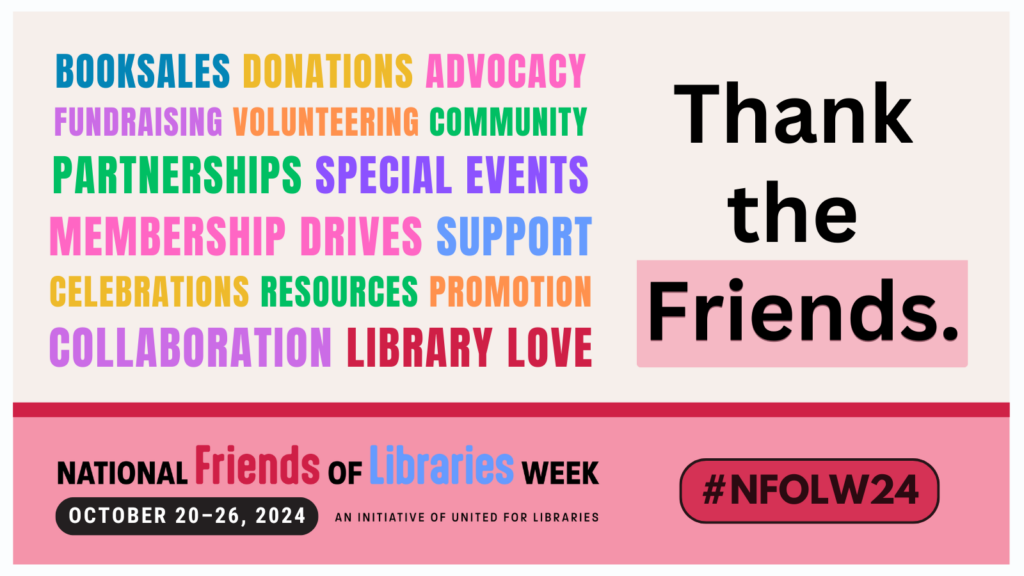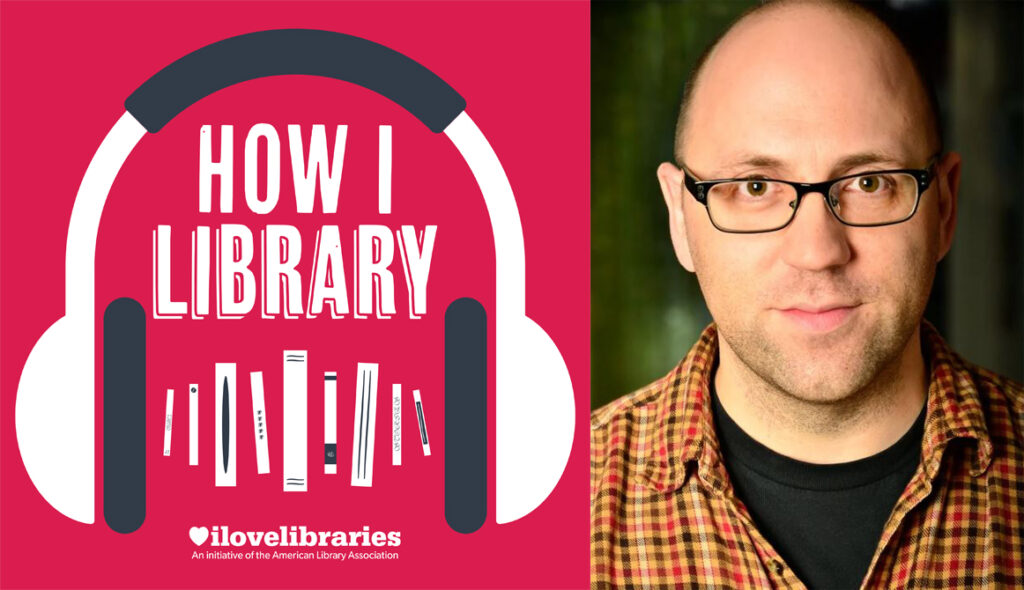The coronavirus crisis has caused most libraries to close their doors to the public, but librarians have continued to serve their communities while maintaining social distancing. In addition to hosting virtual programs and sharing free digital resources, many libraries are offering extensive remote reference services, providing on-one-one assistance to information seekers in their areas.
People have long turned to staff at public, school, academic, and special libraries when they need answers—whether they’re trying to track down a specific book or wondering how to start researching a big question. While in-person reference desks are temporarily closed during the pandemic, libraries have expanded their virtual reference offerings, allowing patrons to ask questions via phone, text, email, video chat, and more.
As colleges and universities transition to remote research and learning, academic libraries have provided crucial support, including answering questions from students and faculty. Cornell University Library had already offered a virtual Ask a Librarian service before the pandemic, but its use quadrupled within days of the school suspending physical classes. The service “is fielding many questions from students and faculty around the world,” librarian Bonna Boettcher told Cornell Chronicle. “The increased volume shows just how much our users miss us. We miss them just as much.”
In addition to answering general reference questions from patrons, some librarians have been offering one-on-one assistance around specific topics. Recognizing the struggles many workers and small businesses owners are currently facing, the Public Library of Cincinnati and Hamilton County launched a remote job help series, in which community members can schedule video conversations with librarians to talk through their employment questions. North Dakota’s West Fargo Public Library is offering free online sessions with their staff genealogist, and Goleta Valley Library in California has tech tutoring available for people facing technology challenges while social distancing.
Libraries have also taken care to make sure these virtual reference offerings are as accessible as possible to their diverse communities. The Somerset County Library System of New Jersey (SCLSNJ) has added a text messaging option to their existing virtual reference services, allowing people who lack internet access at home to get in touch with the library via their phones. They’ve also introduced a Spanish-language version of their popular Ask an SCLSNJ Expert service to ensure their multilingual patrons can find the information they need at the library. “Having Ask an SCLSNJ Expert available in Spanish is a wonderful way for us to connect one-on-one with members of our community who may need assistance through their native language,” Library Assistant Rachel Bohach told Echoes-Sentinel. “We hope to create, maintain, and strengthen the relationships that we are normally able to cultivate within the walls of our buildings, but now must do in a virtual setting.”
Libraries are providing innovative virtual services to their communities during the COVID-19 pandemic. To learn more, subscribe to the I Love Libraries newsletter.



